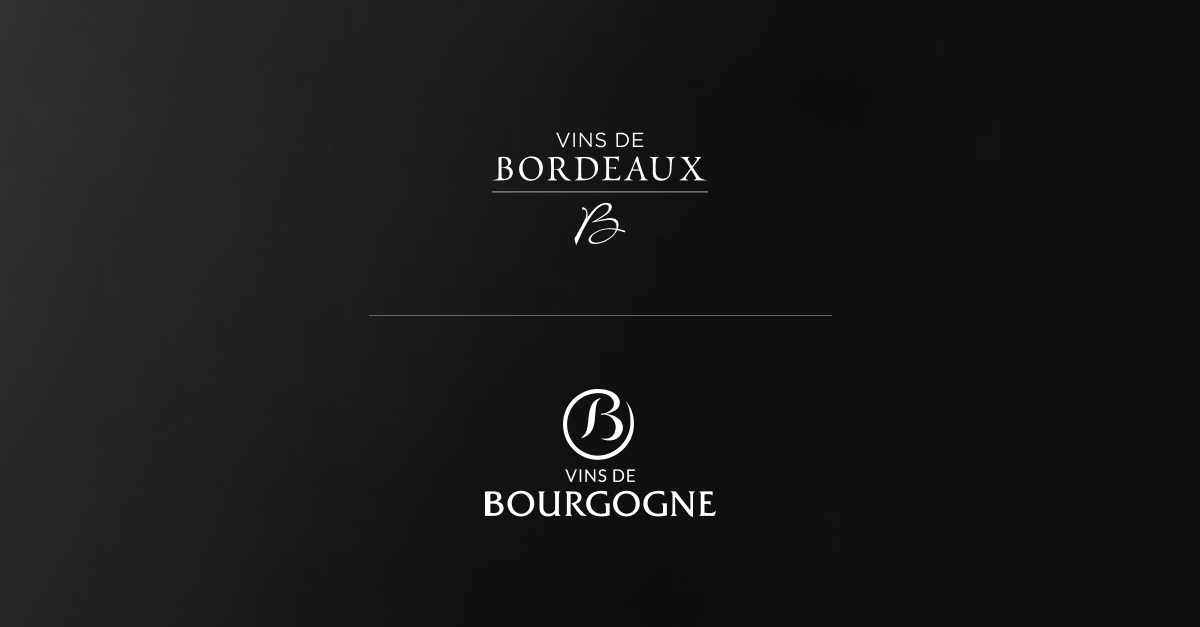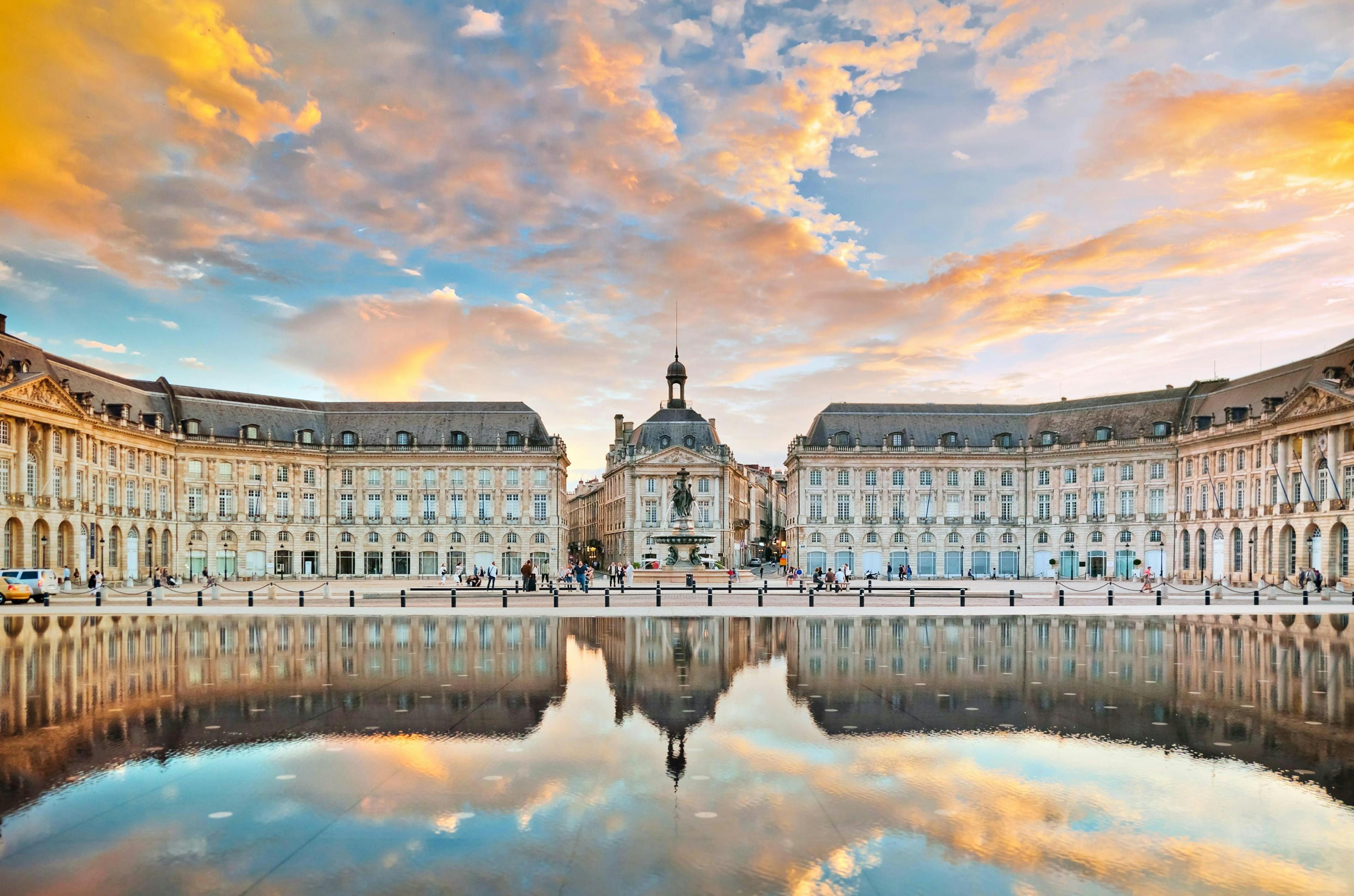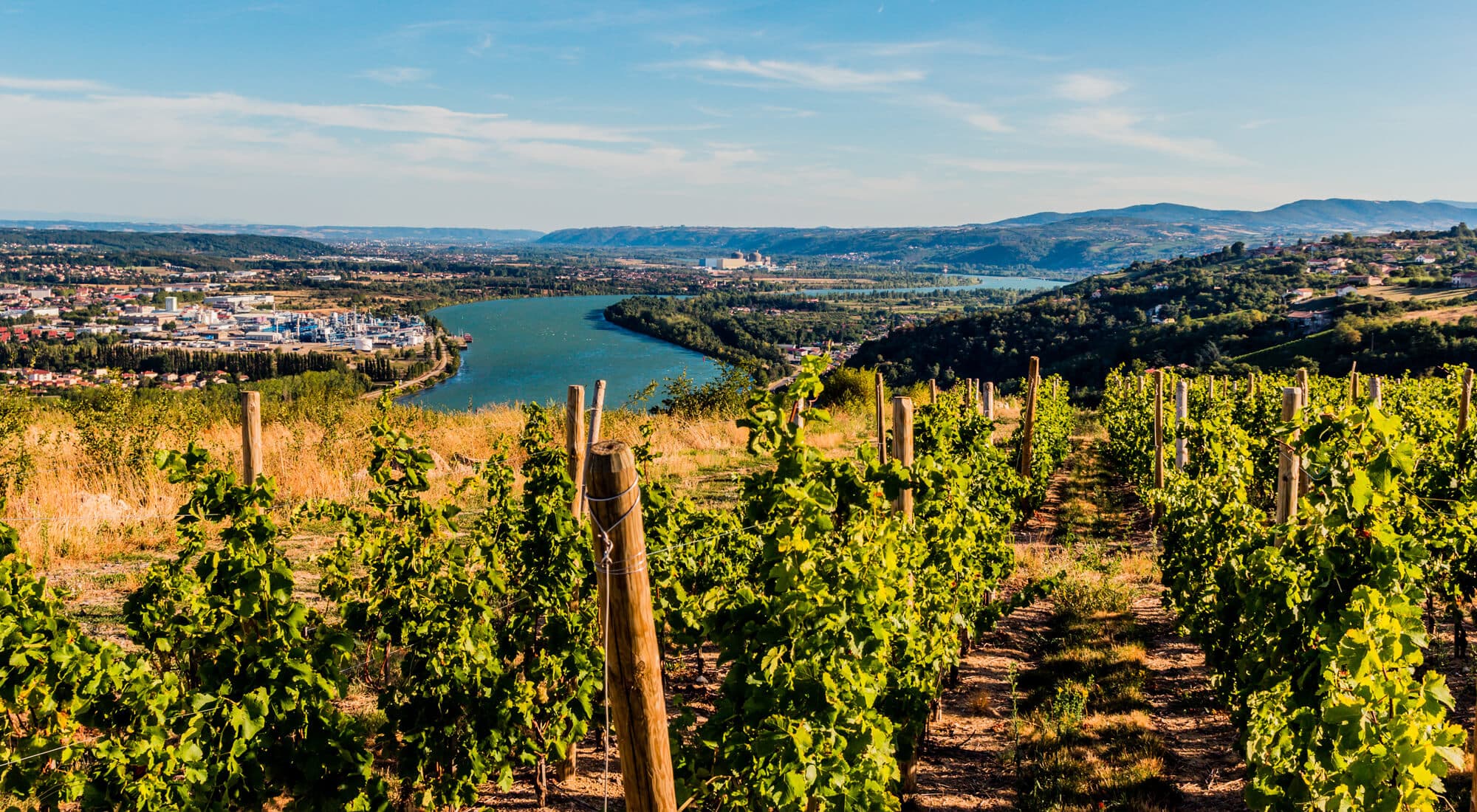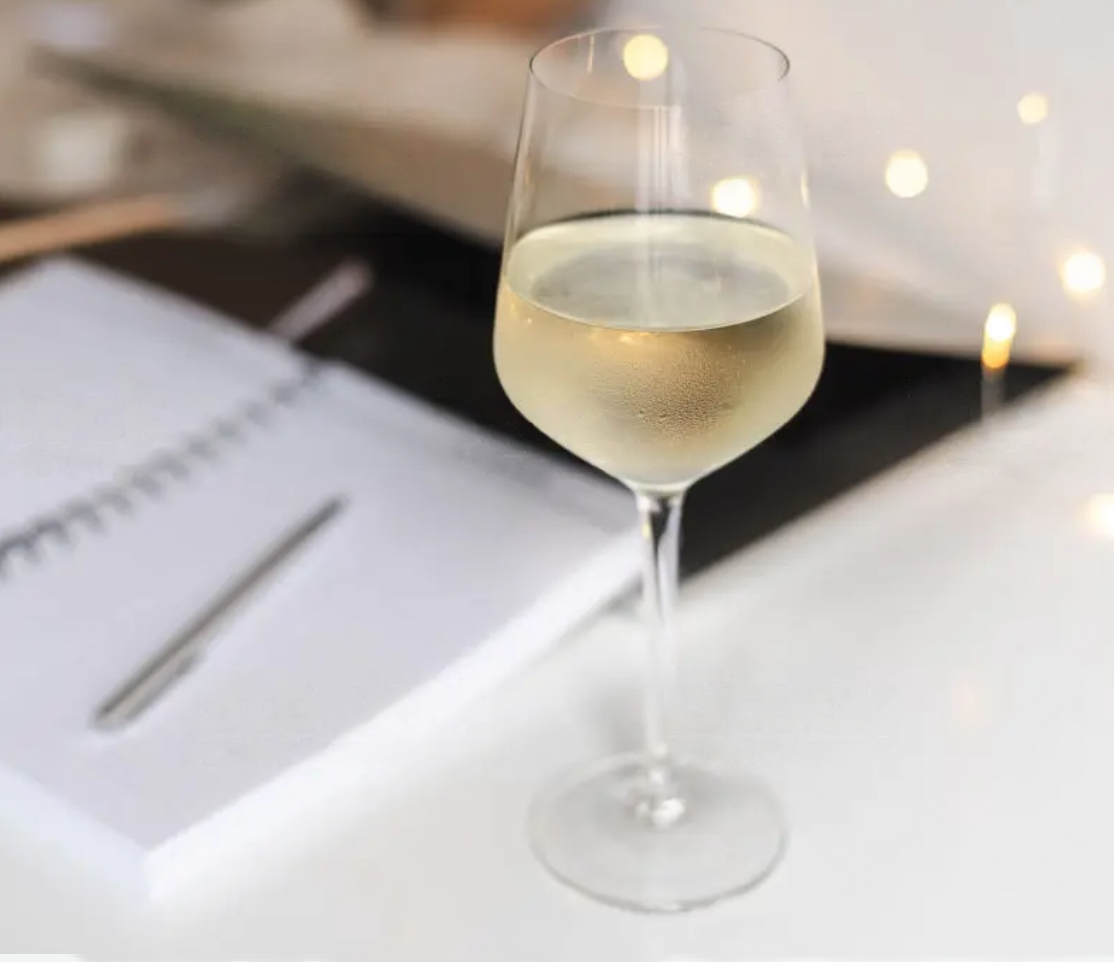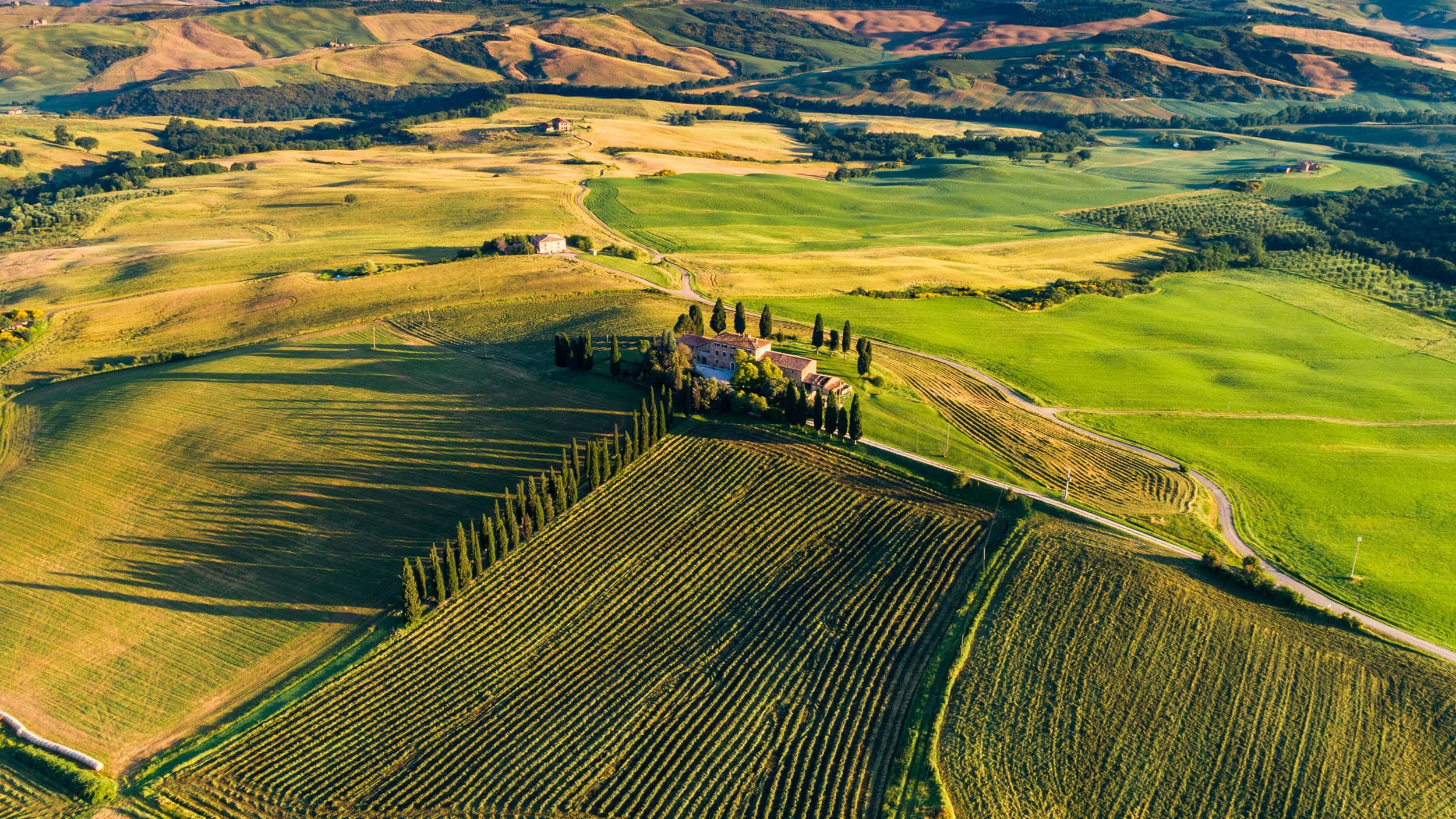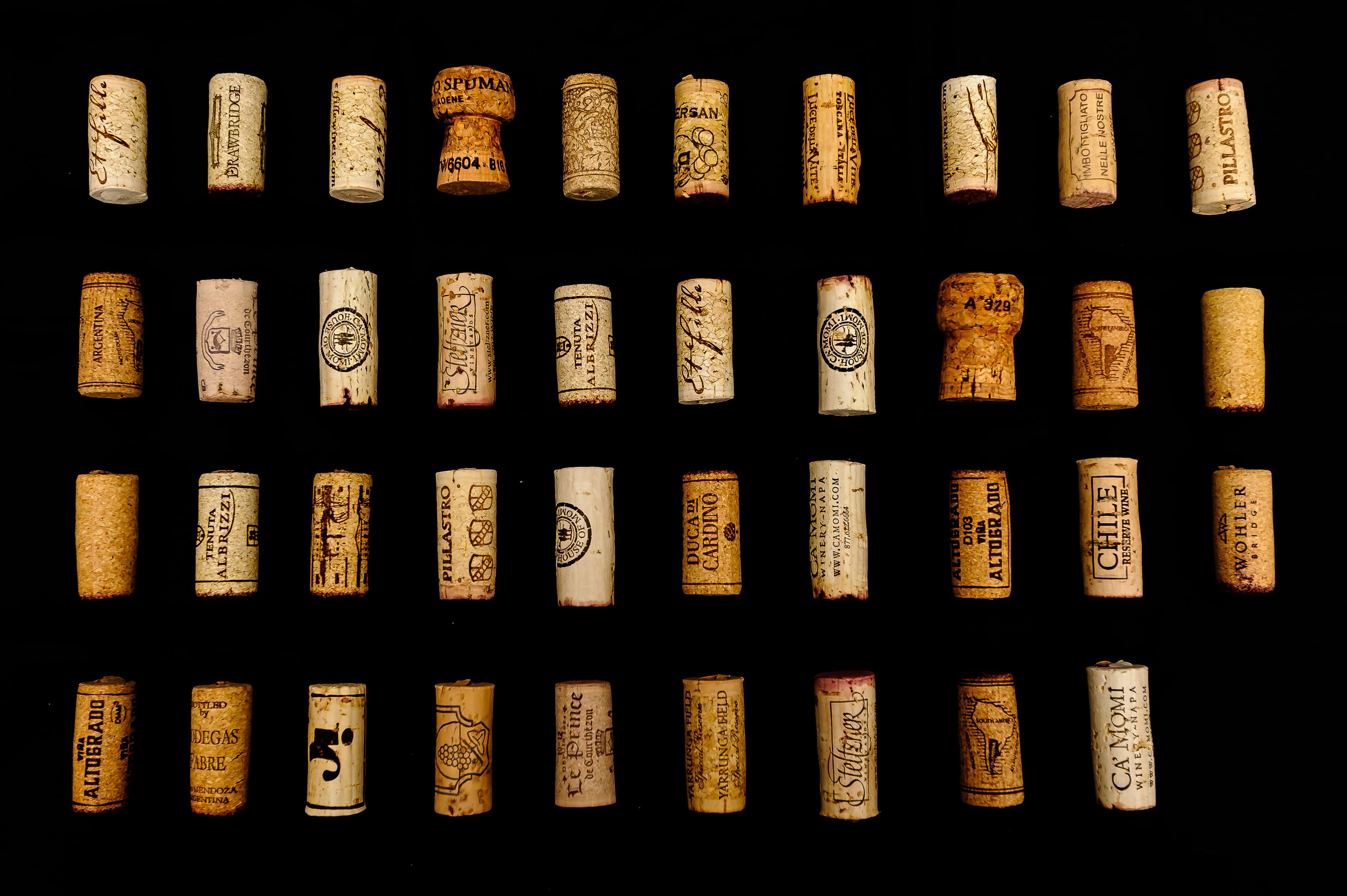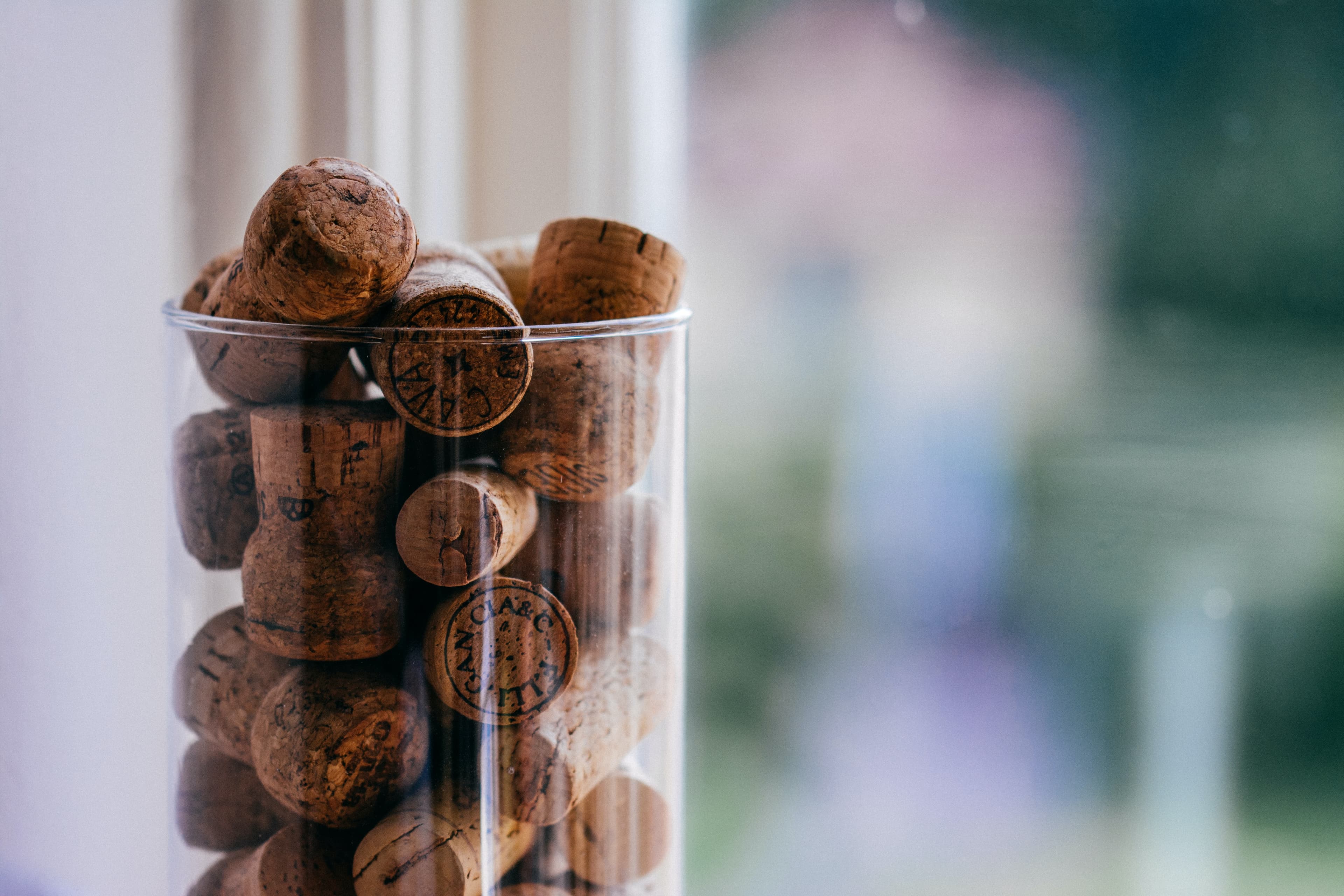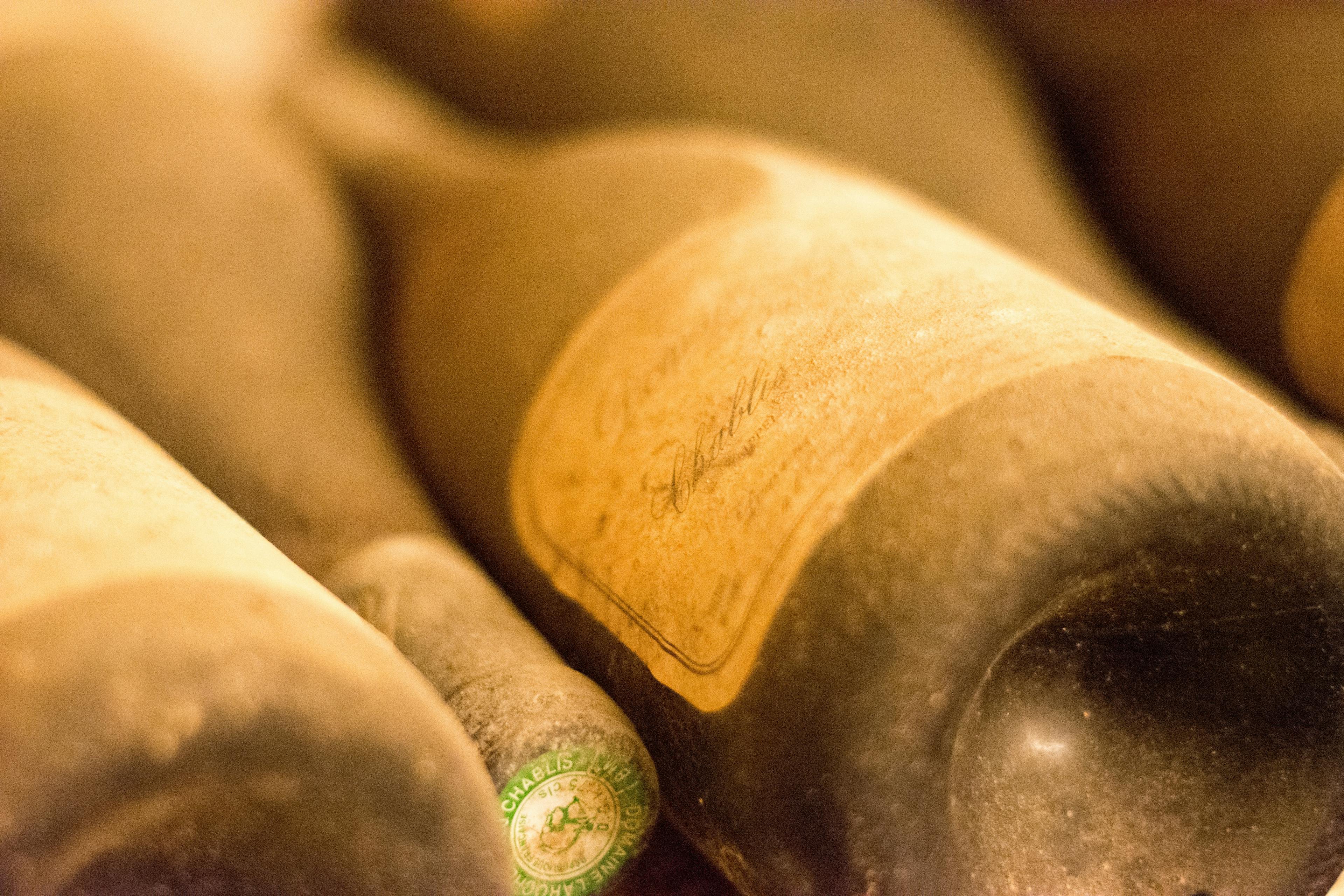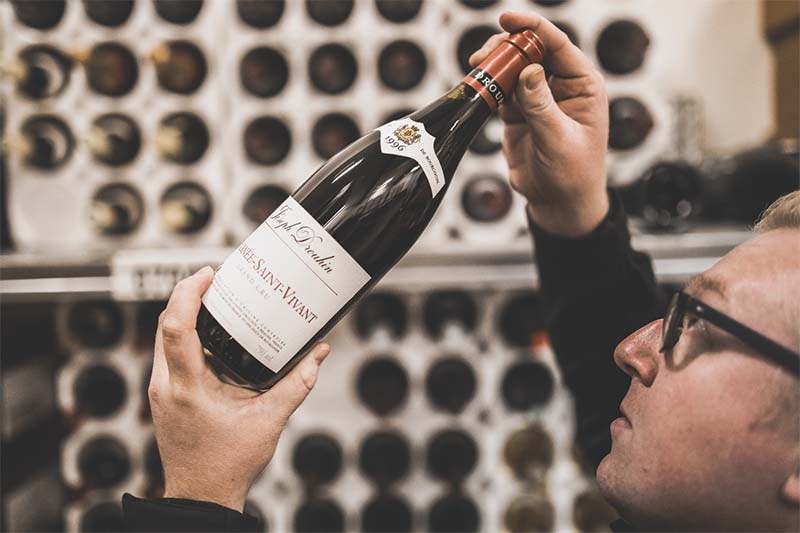
Exploring the world of fine wines reveals many hidden gems, one of which is Clos de Tart. This prestigious vineyard, nestled in the heart of Burgundy, France, is steeped in history and renowned for its exceptional wines. In this article, we delve into five fascinating facts about Clos de Tart that highlight its unique heritage and the meticulous care that goes into each bottle. From its ancient origins to its modern-day practices, these insights will enhance your appreciation for one of Burgundy's most esteemed vineyards.
The Monastic Origins of the Vineyard
The vineyard now known as Clos de Tart boasts a rich history that dates back to its monastic origins in the 12th century. Established by the Cistercian nuns, it was initially part of a larger estate dedicated to spiritual practice and agriculture. Over the centuries, this Burgundy vineyard has maintained a continuous tradition of wine production, a rarity in the region. Its ancient walls, built by the nuns, still stand, marking the perimeter and preserving the sanctity of the terroir.
Historical Continuity: Unlike many other vineyards in the area, Clos de Tart has never been parceled out but has remained intact, providing a unique continuity in cultivation practices and wine production.
Preservation of Techniques: The methods used by the early nuns have been preserved and adapted, influencing the distinctive quality of the popular vintages.
Architectural Heritage: The original buildings and the winery constructed by the nuns contribute to the historical ambiance, attracting visitors and historians alike.
Spiritual Legacy: The vineyard's monastic roots are often reflected in the serene atmosphere, which continues to inspire the winemaking process.
Exclusive Production: Maintaining a focus on quality over quantity, the vineyard produces limited batches, enhancing the exclusivity and demand for its wines.
Record-Breaking Auction Prices
Clos de Tart, one of Burgundy's most esteemed vineyards, has consistently fetched record-breaking prices at auctions, reflecting its rarity and the high esteem in which it is held by collectors. Notably, a single bottle can command thousands of dollars, underscoring the vineyard's luxurious status and the intense demand among connoisseurs. This phenomenon is driven by several factors:
Limited Production: The vineyard's small size means only a limited quantity of this prestigious wine is available, enhancing its exclusivity and desirability.
Historical Significance: With a history dating back to the 12th century, Clos de Tart has a rich heritage that adds to its allure.
Quality Consistency: The meticulous care in vineyard management and wine production ensures a consistently high-quality product that attracts premium pricing.
Global Recognition: Wine enthusiasts and critics around the world praise Clos de Tart, further elevating its profile and market value.
For those lucky enough to acquire a bottle, understanding how to store it properly is crucial to preserve its quality and enhance its aging potential.
The Smallest Grand Cru Vineyard in Burgundy
Clos de Tart, recognized as the smallest Grand Cru vineyard in Burgundy, holds a unique position in the wine world. This prestigious plot covers just 7.53 hectares, making it a rare gem among the larger estates in the region. Established in 1141 by the Tart Abbey nuns, it has maintained a singular ownership through centuries, which is quite uncommon in Burgundy's fragmented vineyard ownership landscape. This continuity has allowed for a consistent approach to viticulture and winemaking, preserving its distinct character and quality.
The vineyard's compact size contributes to a meticulous focus on quality control and detailed attention to each vine. It is easier for vineyard managers to monitor and manage the health and vigor of the vines, ensuring that each grape contributes to the high standards expected of a Grand Cru designation. Here are some key points that highlight the significance of its size:
Enhanced quality control due to manageable plot size.
Consistent production techniques passed through generations.
Unique microclimate with optimal sun exposure and soil composition.
Discover more about the history of Clos de Tart and its impact on Burgundy's wine legacy.
The Use of Biodynamic Farming Techniques
Biodynamic farming techniques at Clos de Tart are integral to the vineyard's approach, emphasizing a holistic connection between the soil, plants, and animals. This method enhances the vineyard's ecosystem, promoting a sustainable environment that naturally supports the growth of superior quality grapes. By adhering to biodynamic principles, Clos de Tart ensures that every aspect of production is aligned with natural cycles and ecological balance.
Preparation of Natural Composts: The vineyard utilizes specially prepared composts made from organic materials. These enrich the soil, fostering a rich microbial life that is essential for nutrient absorption by grapevines.
Use of Herbal and Mineral Sprays: Sprays made from herbs, minerals, and fermented manure are applied to the vines. These concoctions help in enhancing plant vitality and resistance against pests and diseases.
Adoption of Lunar Cycles: Planting, pruning, and harvesting activities are scheduled according to lunar cycles, which are believed to affect plant growth and the overall vitality of the crops.
Integration of Livestock: Animals are integrated into the farm to graze between vine rows, naturally controlling weeds and ensuring soil aeration.
These practices are a testament to the craftsmanship at Clos de Tart, where tradition and innovation blend seamlessly to produce exceptional wines.
Exclusive Annual Production Numbers
Clos de Tart, a renowned Burgundy winery, maintains its exclusivity through limited production. Each year, the vineyard produces approximately 15,000 bottles. This restricted output ensures the quality and uniqueness of each bottle, making it a coveted item among wine enthusiasts. The vineyard's focus on maintaining a low yield per hectare enhances the concentration and complexity of the flavors, which are celebrated worldwide.
Aged to Perfection: The wine is aged in oak barrels for 18 months, contributing to its rich, robust profile.
Selective Harvesting: Grapes are handpicked with meticulous care to ensure only the best are used.
Terroir Influence: The unique soil composition and microclimate of the region impart distinctive characteristics to the wine.
Limited Releases: Special vintages are often released in smaller quantities, heightening their appeal.
For those interested in the sensory experience offered by this exquisite wine, exploring how it tastes can provide insight into its sophisticated profile.
Conclusion
In conclusion, the rich history and unique characteristics of Clos de Tart not only make it a fascinating subject for wine enthusiasts but also highlight its significance in the world of fine wines. From its ancient origins to its status as a monopole and its meticulous vinification process, Clos de Tart exemplifies the tradition and innovation that define the Burgundy wine region. For collectors and connoisseurs, acquiring bottles from such esteemed vineyards represents not just an investment in rare and exquisite wines, but also a piece of viticultural history.
At Rekolt, we understand the value that wines like Clos de Tart hold for our customers. That's why we offer specialized services such as professional cellar storage and a seamless platform for reselling and trading fine wines. By choosing Rekolt, you ensure that your premium wines are stored under optimal conditions, preserving their quality and enhancing their value over time. Whether you're looking to build a collection, invest in wine, or simply enjoy a bottle of exceptional vintage, Rekolt provides the expertise and resources to meet your needs. Explore the world of fine wines with us and discover the perfect way to appreciate and capitalize on exquisite offerings like Clos de Tart.
Share this article
